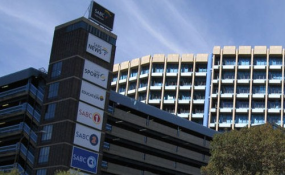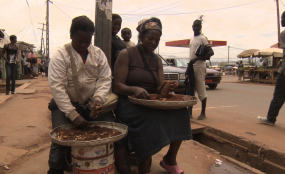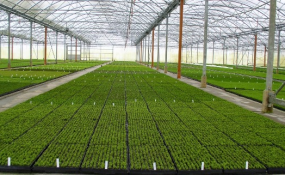The Parliamentary inquiry into the fitness of the SABC board to hold office will only resume its work on Friday.
It was expected to kick off on Tuesday, with former public broadcasters’ board chairpersons Ellen Tshabalala and Ben Ngubane testifying.
Inquiry chairperson Vincent Smith confirmed the three-day delay.
“It was postponed to Friday because former SABC board chairperson Ben Ngubane requested an extension to prepare adequately for the inquiry,” Smith told News 24 on Monday.
He confirmed that Tshabalala would also appear before the adhoc committee.
Qualification lie
The disgraced Tshabalala resigned in 2014 following a furore over her qualifications. A parliamentary inquiry found her guilty on two misconduct charges.
The charges related to allegations that she lied about her qualifications to Parliament and that she lied under oath when she said in an affidavit that her qualifications had been stolen during a burglary at her home.
However, Unisa revealed that she had registered for a BCom degree in 1998, and again in 1996, but had failed to obtain the qualification.
During the inquiry in 2016, Tshabalala was fingered for having a hand in the appointment of Hlaudi Motsoeneng as Chief Operating Officer, despite a Public Protector’s report which found that he had lied about his matric certificate, and that he should face a disciplinary inquiry.
Former acting chief executive Phil Molefe told the inquiry that Ngubane had ordered him to approve a R500 000 unlawful salary hike for Motsoeneng in 2011.
When Molefe refused to sign off on the increase, he testified under oath that Motsoeneng told Ngubane: “Chair, I told you that this is not our man, I am going to Pretoria tonight.”
The adhoc committee will be racing against time to submit a final report to Parliament by February 18.
Smith, however, remained confident that they would meet the deadline, despite the delay.
Source: News24










